
Cocoa farmers across the cocoa growing regions of Ghana have raised the red flag over what they described as the government’s failure to significantly increase cocoa prices as it promised during the 2024 election campaign.
Last week the management of the Ghana Cocoa Board and the Ministry of Finance announced an increase of GHS128.75 per bag of cocoa. This makes a marginal increase of a bag to GHS3228.75, and not the GHS6000.00 President Mahama promised.
The Akufo-Addo administration left office with a bag of cocoa selling GHS3100.00 from an initial GHS475.00 it inherited in 2017. The outstanding difference to hit the GHS6000 promise is GHS2771.25.
During the 2024 general elections, the opposition National Democratic Congress (NDC) criticized the New Patriotic Party (NPP) government as very wicked and insensitive to the plight of cocoa farmers. President John Mahama and his campaign team promised to increase the price of a bag of cocoa to GHS6,000 (almost half of the previous price). NDC’s communicators argued that the previous government had failed to give cocoa farmers their fair share of the rising world price of a ton of cocoa and promised to adjust the price accordingly when voted to office.
Electoral gain
The NDC rode on the unpopularity of the outgoing government, together with the promise of a huge increases in cocoa prices and got the support of the electorate. Undoubtedly, the cocoa farmers voted massively for change. However, shortly after assuming office the government started to prepare the minds of the farmers that it cannot fulfill the promise to increase the price of a bag of cocoa to GHS6000.
In several meetings at cocoa producing communities, the CEO of the Ghana Cocoa Board, Dr. Randy Abbey painted a gloomy picture of the weak financial state of the Board he inherited from the previous government. He stated that the mounting debts of the Board were impeding its efforts to address the challenges he inherited. Obviously, one of the challenges he met was the unrealistic prices the previous government was giving to cocoa, hence the NDC use of cocoa prices as a key campaign strategy.
The financial challenges, notwithstanding, the cocoa farmers were expecting some appreciable increase to at least GHS400 and not GHS128.75. In making electoral choices, what the cocoa farmers failed to appreciate is that campaign promises are entirely different from the reality on the ground, and that it would take a very sincere party to fulfil such promises when given power.
Social media providing voice
Shortly after the announcement of the marginal increases cocoa farmers responded angrily to the new price through social media. Social media has become a platform for ordinary people to make their voices heard on policy decisions that impact them positively or negatively. Through social media people frame and tell their own stories outside the boundaries of mainstream media and traditional journalism agenda-setting and gatekeeping.
A cocoa farmer from Kukodei in the Ashanti Region, posted on social media that he was ready to return the GHS128.75 to the government. The farmer, who has lost his sight advised the finance minister, Dr. Ato Forson to establish an Ato Forson Foundation, so that he (the blind farmer) would donate the GHS128 per bag to the foundation. “I want him to know that without GHS128 I will survive”, the blind farmer lamented in a post on social media.
Considering the plight of the blind farmer, the GHS128 is unfair and insensitive to cocoa farmers. The increase is even more grievous when viewed against the electoral gain the NDC garnered from the cocoa price propaganda. They promised to improve the livelihoods of cocoa farmers and to motivate them to produce more and not to sell their farms to illegal farmers.
Another cocoa farmer in a social media post plucked cocoa beans and smashed them on the ground to demonstrate his disappointment with the marginal increase. He stated that considering his role as a rural farmer, his only source of livelihood is farming cocoa, hence the increase was a slap in the face of farmers. “You take our premium cocoa to the world market and earn more dollars and only give struggling cocoa farmers a tiny percentage of the price. We the farmers are toiling for the country, but we have nothing to show for our toil”, the angry farmer remonstrated.
According to him, after expressing his anger on social media, he has received several threats from functionaries of the ruling party. “I am being threatened to shut up. I am fed up; they can arrest and kill me. If you arrest and kill me for expressing my feelings, you will gain nothing. Farmers are tired and feel cheated”, he pointed out.
Another farmer, also trending on social media, threatened to sell the rest of his cocoa farms to illegal miners. According to him, a few years ago he sold some of his cocoa farms to illegal miners and raised a good amount to build his house. “I have never regretted for selling my cocoa farm, because cocoa farming is no longer lucrative”, he emphasized. He stated that over the years, the money he received from his cocoa farms was nothing compared to what he got from selling his cocoa farms to illegal miners. “I have worked for 20 years as a cocoa farmer and could not buy a single plot of land, let alone laying a foundation of a building. I have benefitted from selling my land than being a cocoa farmer.”
In the same social media post, the farmer was seen cutting down cocoa trees to pave the way for illegal miners to take over the farm. The farmer noted that the government cannot never stop illegal miners from taking over cocoa farms, since there is no longer motivation for doing cocoa farming. “I cut my own cocoa down and one can stop me, it is my property”, he added.
In a related development, several cocoa farmers gathered at a cocoa farm, where they pronounced a curse on the government and its functionaries for failing to honour their promise to give them GHS 6,000 a bag. The male spokesman of the group said the curse will remain in force until the government honours its promise to cocoa farmers. “The prices of cutlasses, wellington boots and insecticides are increasing every month. Insecticides are destroying our cocoa farms, but the government has turned a deaf ear to our plight”, he lamented.
Decline of Cocoa
The sale of cocoa farms to illegal miners is gaining grounds, and unless the government gives farmers a fair share of the world market price, the country risks losing more cocoa farms in the medium to long term. If the current trend continues it will affect the supply of Ghana’s premium cocoa to chocolate producing and consuming parts of the world.
It appears that past and current governments are paying much attention to gold as a bigger foreign exchange earner than cocoa. Over the last few years, Ghana has faced a decline in cocoa production, further losing ground to its keenest competitor, the Ivory Coast.
This is due to a combination of factors, including disease, illegal mining, and climate change. These issues, especially the low producer price paid to farmers, are significantly impacting yields and threatening the livelihoods of cocoa farmers. In February 2024 Ghana’s cocoa board, Cocobod, revised its cocoa crop forecast down 40% from its initial target of 820,000 metric tonnes for the 2023–24 season.
Mad gold rush
Over the past few years, Ghana has been the sight of a mad gold rush which is being fueled by top politicians and government appointees. The gold rush in Ghana is driven by several factors, including high global gold prices, unemployment, economic hardship and above all the lack of political will to stop illegal mining.
Moreover, Ghana’s rich gold deposits, makes it a prime location for both large-scale and small-scale mining operations. This has led to a surge in both legal and illegal gold mining activities, including artisanal and small-scale mining popularly called “Galamsey”. The term “Galamsey,” is a pidgin contraction of “gather them and sell,” which refers to the informal, often illegal, small-scale gold mining that has become widespread in Ghana. Illegal mining practices often lead to severe environmental damage, including deforestation, water pollution, land degradation and the increasing loss of cocoa farms and livelihood.
Despite the negative impact of illegal mining on Ghana’s ecosystem, the appears the government has lost control or is perhaps reaping enormous benefits from the rising global price of gold. The establishment of a new Gold Board by the government to control the purchase and exportation of gold mined by illegal miners is fueling concerns over government failure to stop illegal mining. The rising price of gold has made mining more lucrative, incentivizing both licensed and unlicensed operators to increase production.
Both legal and illegal gold mining have become a significant contributor to Ghana’s economy, accounting for a large portion of national exports and providing employment for a substantial number of people. “Our goal is to move above three tons a week” in purchases, up from about 1.5 tons a week in January 2025, said Sammy Gyamfi, the Ghana Gold Board’s chief executive officer. “We expect to be able to bring in about $6 billion by the end of this year, but we are confident that we will reach $12 billion in annual inflows from next year.”
Small-scale contribution
From the above projections, small-scale mining is now contributing significantly (ranging from 35% to 40%) to Ghana’s gold production and overall contribution to the GDP of Ghana. While official figures suggest around 35%, some stakeholders believe the sector’s actual contribution is much higher, potentially matching or exceeding that of large-scale mining.
This indicates that Ghana is no longer depending on cocoa as its leading foreign exchange earner, hence the of lack attention to the sector and its producers, the cocoa farmers. As stated earlier, the mad gold rush is responsible for rapidly degrading Ghana’s farmlands, forests and rivers.
While gold prices are appreciating on the world market, the government needs to choose between preserving our environment and making a windfall from gold prices. Each of the choices has positive and negative implications for our economy and ecosystem. It is obvious that the current government prefers gold over cocoa. Judging from the issues emerging from the gold sector, it is possible that Ghana is suffering from a resource curse. May the souls of our departed brothers who died in the helicopter crash rest in peace.
The post Development Discourse with Amos Safo: Election propaganda and the cocoa price war appeared first on The Business & Financial Times.
Read Full Story
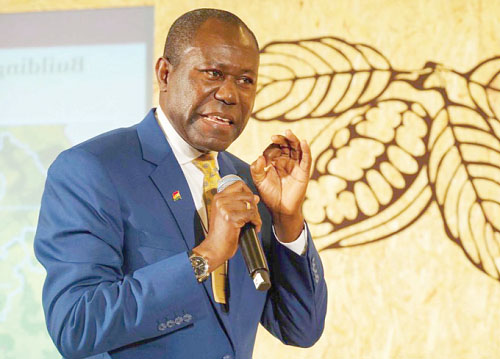
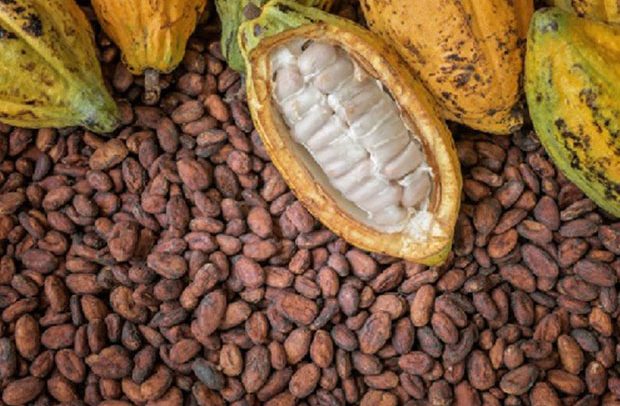



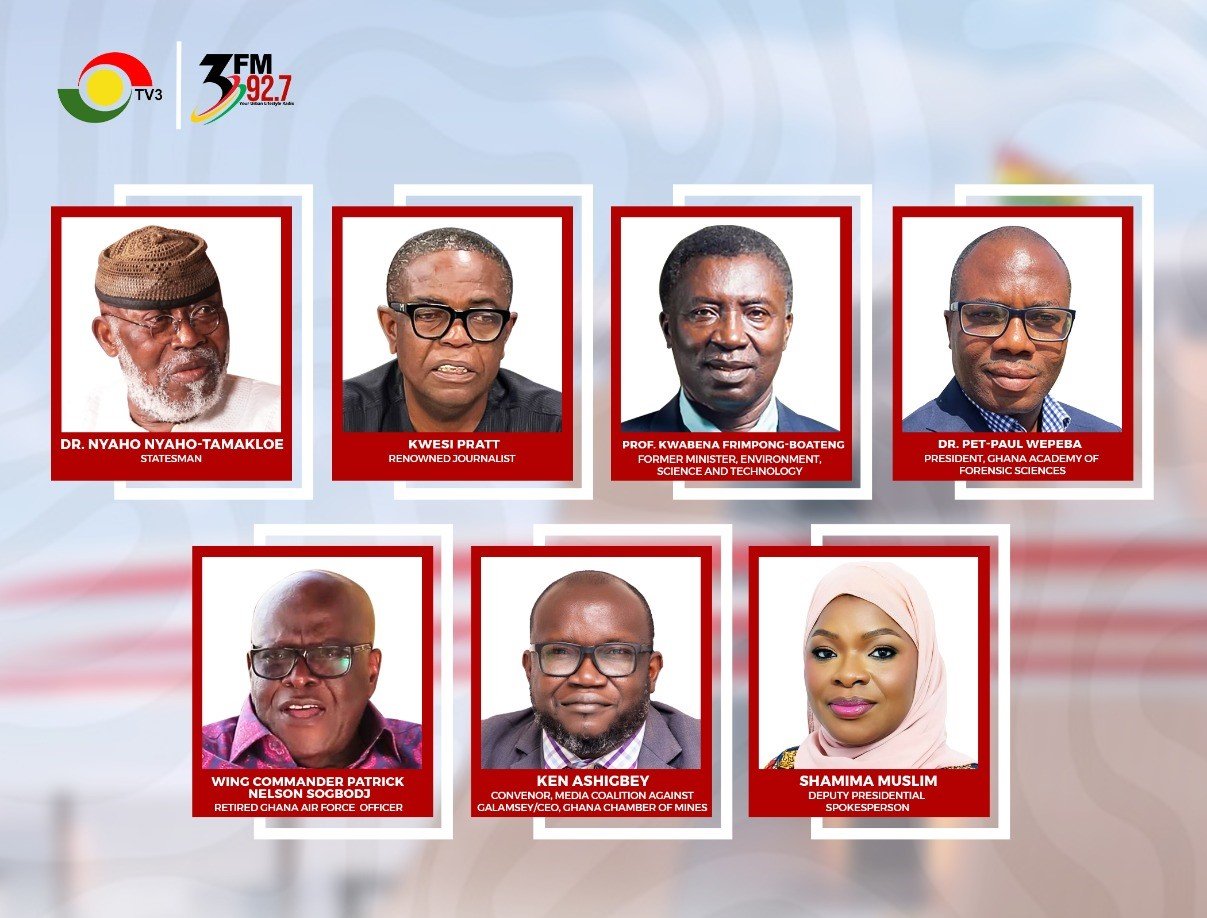
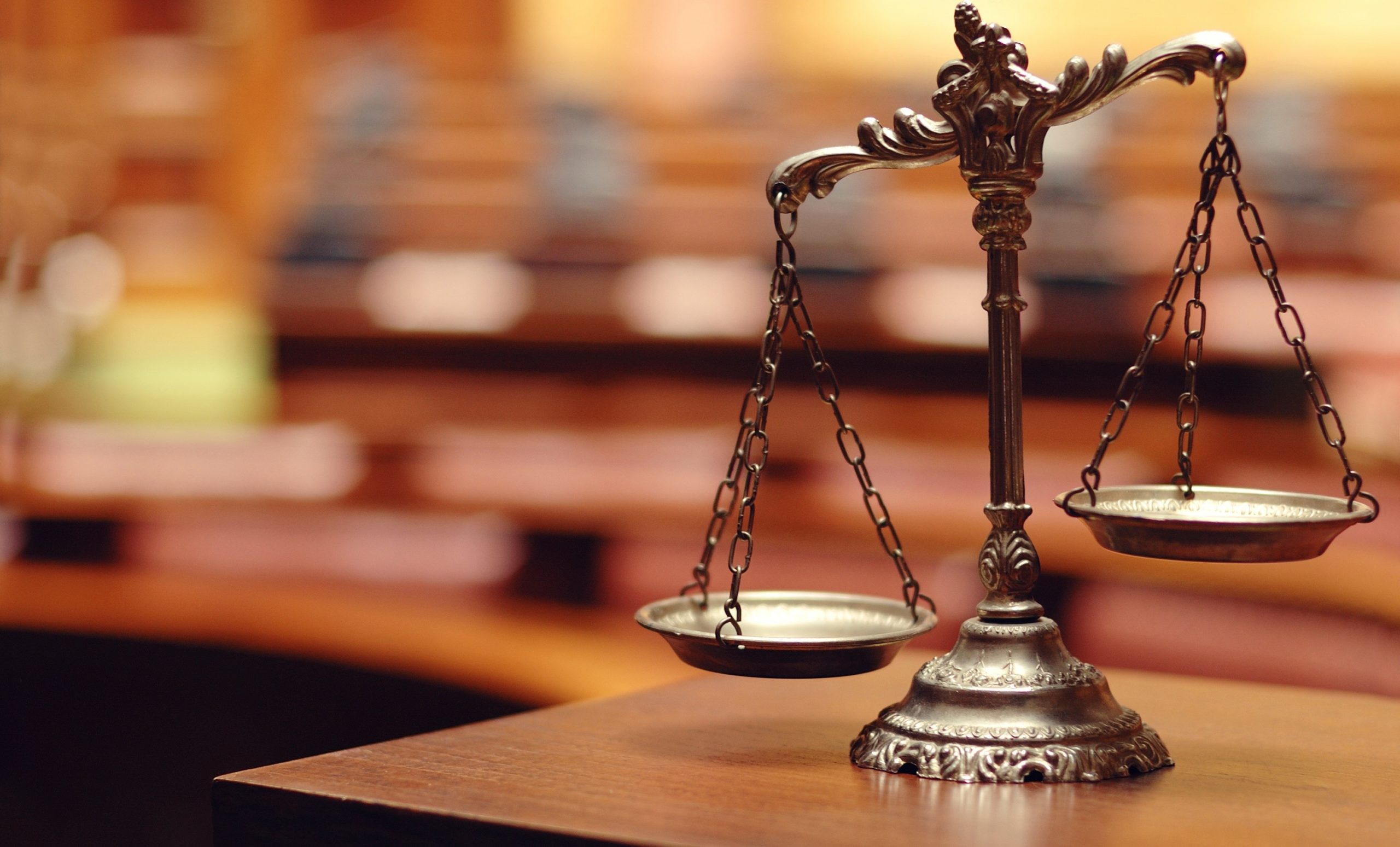


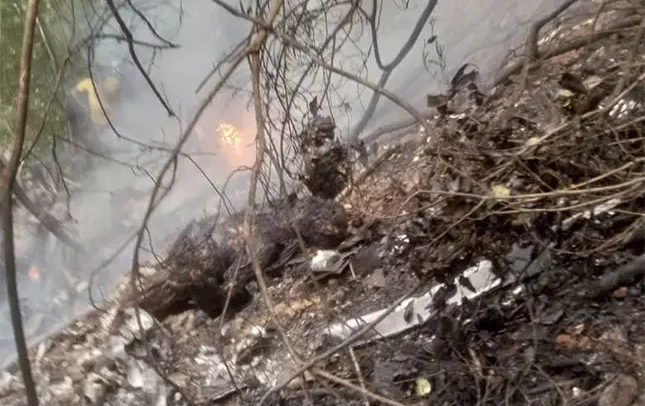
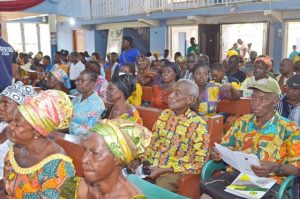
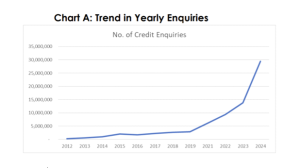

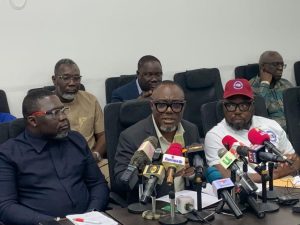

Facebook
Twitter
Pinterest
Instagram
Google+
YouTube
LinkedIn
RSS